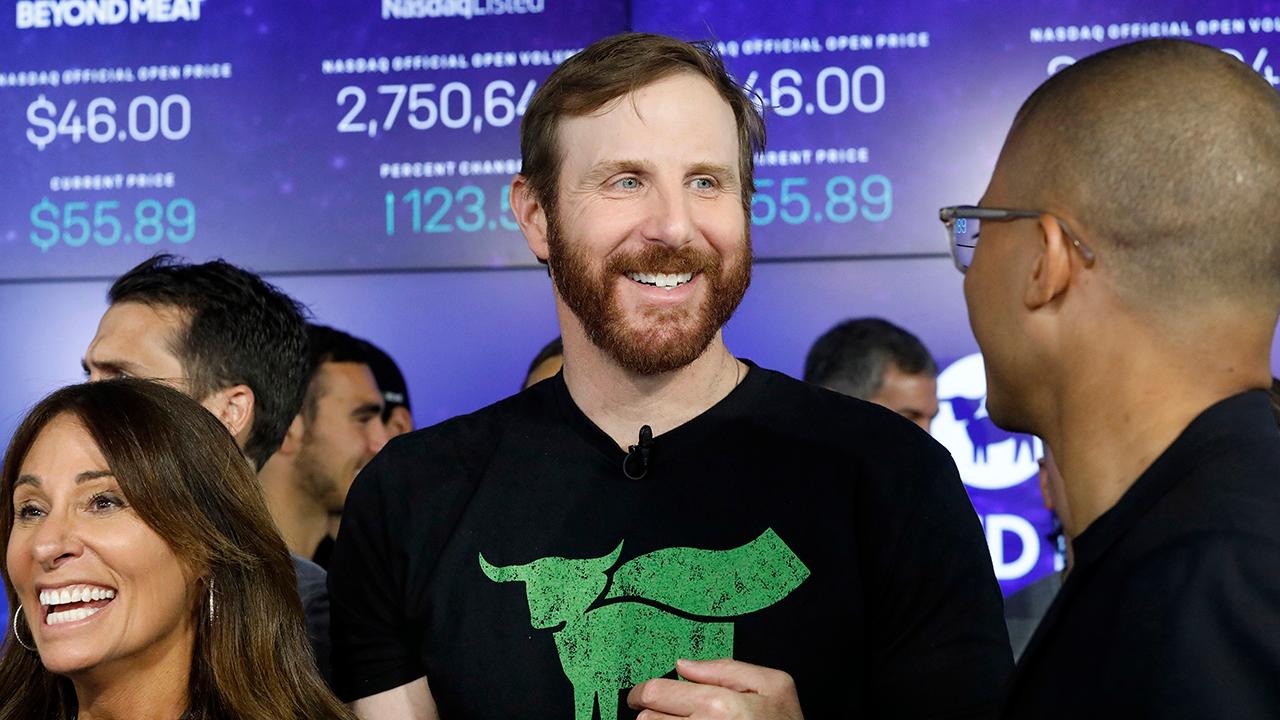McDonald’s not ready to jump on the plant-based meat bandwagon yet
McDonald's said it's not ready to jump on the plant-based bandwagon just yet despite a slew other fast-food giants offering meat alternatives in recent months and amid consumer demand for vegan options.
On Thursday during its annual shareholder meeting, Silvia Lagnado, the company's global chief marketing officer and director of its menu, said McDonald's still hasn't made any official plans on whether it will offer plant-based meat alternatives and is still monitoring whether it has enough consumer demand for it.
“We obviously have to assess whether consumer demand at what level we believe would be sustained and make the right decision based on how the model works and the important complex considerations of our restaurant,” Lagnado said.
His sentiment echoes a view expressed by the company's CEO Steve Easterbrook, who last month said his teams are paying close attention to the alternative meat market and discussing options but no formal plans have been made.
White Castle, Burger King, Little Caesar's, Tim Horton's, Taco Bell and TGI Fridays are among some of the fast food chains that have announced they are experimenting with plant-based meat options over the last year.
Buzz around the plant-based meat alternative grew after one of the prominent makers of the substitute - Beyond Meat - went public earlier this month and its shares have surged more than 220 percent since. It had one of the strongest IPOs since 2000, trumping both Uber and Lyft.
| Ticker | Security | Last | Change | Change % |
|---|---|---|---|---|
| BYND | BEYOND MEAT INC. | 0.73 | +0.06 | +9.43% |
Analysts are also bullish on the vegan meat.
A recent research note from Bernstein predicts the alternative meat category is headed up a similar path to plant-based beverages like almond milk, potentially growing to a $40.5 billion market by 2030.
"If the alternative meat category develops along a similar path to plant-based beverages (from 5% - 15% of the market around a decade after the almond milk innovation turbocharged the category), then the total addressable market could be ~$40.5 billion in the U.S. within a decade," Alexia Howard wrote in a note to investors.




















